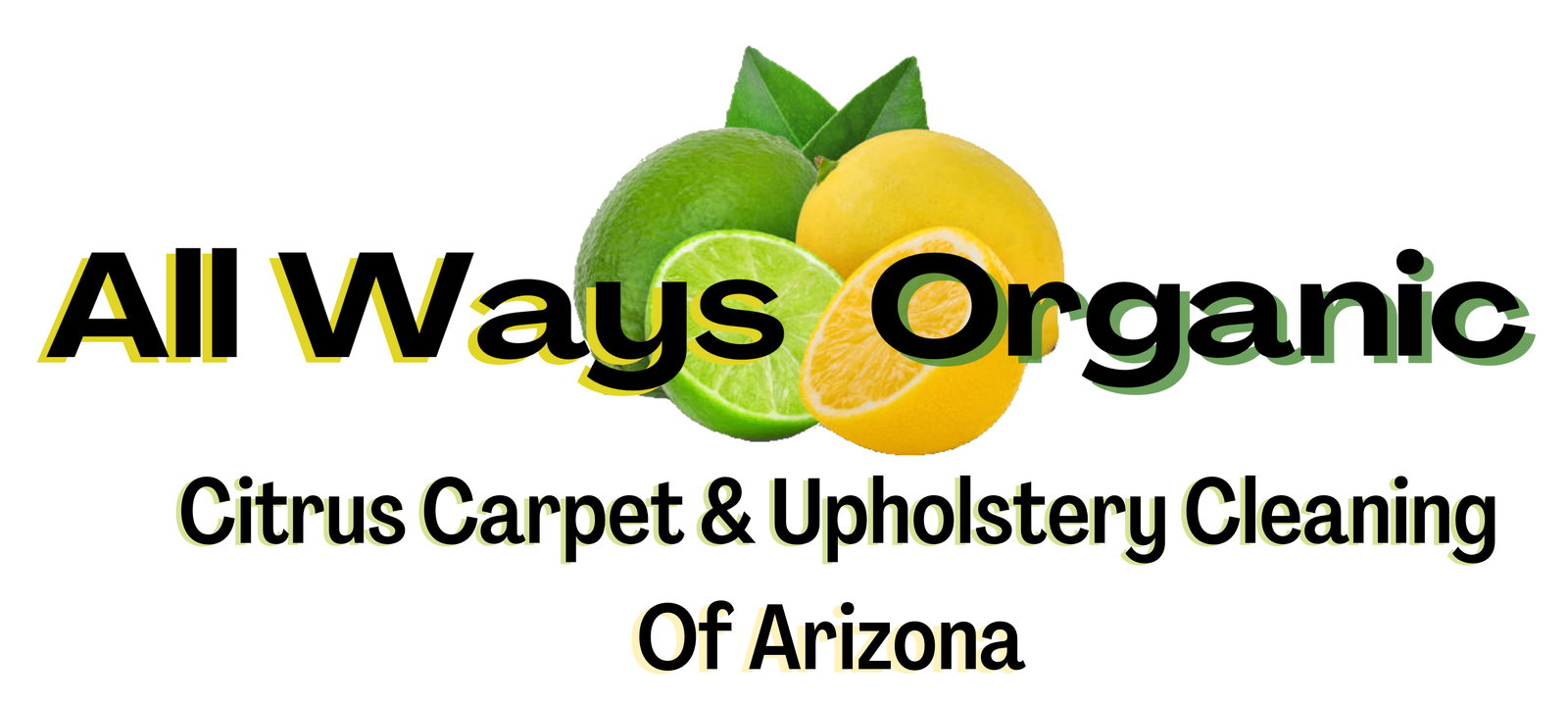In a world where our choices as consumers can significantly impact our health and the environment, the organic aisle in your local grocery store has become a beacon of hope for those seeking a healthier and more sustainable lifestyle. But what does “organic” really mean, and how can you navigate this aisle with confidence? In this comprehensive guide, we’ll explore the ins and outs of organic products, from organic food to organic cleaning supplies to help you make informed, health-conscious choices.
Understanding the Organic Label
The first step in navigating the organic aisle is understanding what the term “organic” truly entails. In essence, organic products are derived from farming and production practices that prioritize environmental sustainability, the well-being of animals, and the health of consumers. Organic standards vary from country to country, but they all share common principles. For example, organic food is typically grown without synthetic pesticides, herbicides, and genetically modified organisms (GMOs).
But organic doesn’t stop at the grocery aisle. You can also find organic products in other categories, including clothing, skincare, and even cleaning supplies. Speaking of which, let’s dive into the connection between organic products and the cleaning industry, specifically, organic carpet cleaning.
Organic Carpet Cleaning: A Healthier Home Environment
When we talk about organic products, we often focus on what we put into our bodies. However, our health is also influenced by what surrounds us, such as the air we breathe and the surfaces we touch. This brings us to the world of organic carpet cleaning.
Organic carpet cleaning involves using natural, eco-friendly cleaning agents that are free from harsh chemicals. These products not only work effectively but also promote a healthier home environment. They are often free from synthetic fragrances, bleach, and other potentially harmful substances, making them ideal for households with children, pets, or anyone with sensitivities to harsh chemicals.
Furthermore, organic carpet cleaning practices align with the principles of sustainability. They typically use less water, which conserves this precious resource, and they also support eco-friendly disposal practices, minimizing their impact on the environment. When shopping for organic carpet cleaning products, look for labels that indicate the absence of harmful chemicals and include environmentally friendly practices.
The Organic Food Aisle: A Healthier Plate
Returning to the heart of the matter, the organic food aisle is undoubtedly one of the most prominent and influential sections in any grocery store. Organic food products are grown or raised with a commitment to environmental stewardship, animal welfare, and human health. They offer several advantages that make them a healthier choice for shoppers.
Pesticide-Free Produce: Organic fruits and vegetables are cultivated without synthetic pesticides or herbicides. This significantly reduces the risk of pesticide residue in your food, ensuring that you enjoy produce in its purest form.
Non-GMO Goodness: Organic foods do not contain genetically modified organisms (GMOs). By choosing organic, you avoid potential health risks associated with GMO consumption and support sustainable agricultural practices.
Antibiotic-Free Meat: If you’re a meat-eater, you’ll appreciate that organic livestock is raised without antibiotics or growth hormones. This ensures that the meat you consume is free from these potentially harmful additives.
Eco-Friendly Packaging: Many organic brands also prioritize eco-friendly packaging, reducing waste and environmental impact.
Support for Sustainable Farming: By buying organic, you contribute to the growth of sustainable agriculture, which promotes soil health and minimizes soil erosion.
Navigating the Organic Aisle: Tips for Shoppers
Now that we’ve explored the various facets of the organic aisle, let’s delve into some practical tips to help you navigate it successfully and make healthier choices:
Read Labels Carefully: Look for organic certifications on the product labels. In the case of food, certifications like USDA Organic or EU Organic signify adherence to strict organic standards. For organic cleaning products check for certifications from reputable organizations like Green Seal.
Prioritize Your Essentials: Decide which items are most important for you to buy organic. If budget constraints are a concern, focus on organic products that you consume regularly or those that are known to have higher pesticide residue.
Support Local and Seasonal: Whenever possible, opt for local and seasonal organic produce. Not only does this support your local economy, but it also reduces the environmental impact of transportation.
Buy in Bulk: Consider purchasing non-perishable organic items in bulk to save money and reduce packaging waste.
Research Brands: Investigate the brands that you plan to buy. Some companies have stronger commitments to organic principles and sustainability than others.
DIY Organic Cleaning Products: As part of your journey into the world of organic living, consider creating your own organic cleaning solutions using simple, natural ingredients like vinegar and baking soda.
Conclusion: Making Healthier Choices
Navigating the organic aisle in your grocery store can be an empowering experience. It allows you to take control of your health and contribute to a more sustainable future. By understanding the principles of organic products and paying attention to labels, you can make informed decisions about what you bring into your home.
Incorporating organic choices into your lifestyle doesn’t stop at the dinner table. It extends to every aspect of your daily life, from the food you consume to the cleaning products you use. Whether it’s organic carpet cleaning or pesticide-free produce, each organic choice you make contributes to a healthier, more sustainable world for you and future generations. So, embrace the organic aisle, and let it guide you toward a healthier, happier, and more environmentally conscious life.
